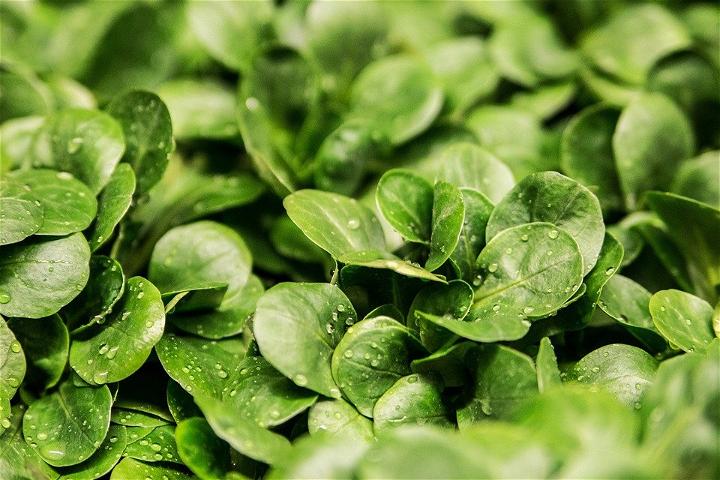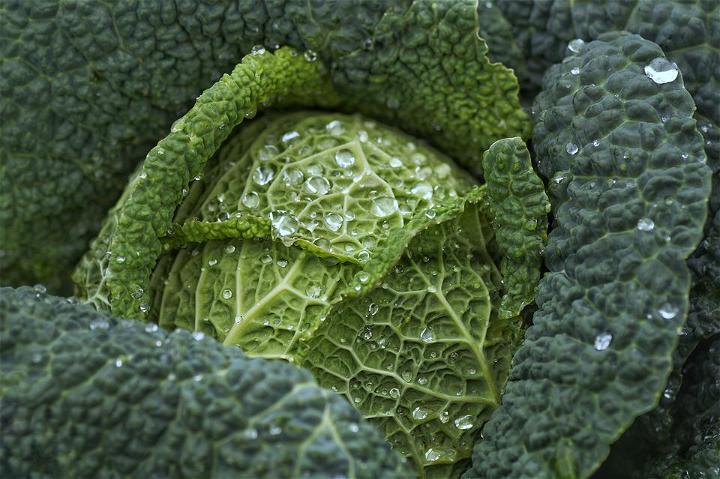Do you have a vegetable garden? If so, you know that proper watering is essential to the success of your garden. But what happens when there is a drought or when you’re away on vacation and can’t water your plants? When the weather is hot and dry, it’s important to make sure your vegetable garden has enough water. If you’re not able to water your garden every day, you need to come up with a plan for storing water. There are many different ways to store water for your garden, and in this blog post, we will discuss some of the best options. We’ll also give you tips on how to choose the right solution for your needs. So, let’s get started

Water Containers
One of the simplest ways to store water for your garden is to use containers. You can buy water containers at most hardware stores or online. Be sure to get a container that is food-grade and has a tight-fitting lid. This means that the container is safe for storing water that will be used for watering plants. You’ll also want to make sure the container is big enough to hold all the water your garden needs. For example, a 50-gallon container should be enough to water a small garden for a week. On the other hand, a 300-gallon container will be better for a large garden. In addition, you’ll need to have a way to transport the water from your storage container to your garden. A watering can or hose will work for this.
Barrels
Another option for storing water is to use barrels. Barrels are larger than containers and can hold more water. They’re also easier to transport since you can roll them on their side. You can buy barrels at most hardware stores or online. Be sure to get a barrel that is food-grade and has a tight-fitting lid. This will ensure that the water in the barrel is safe for watering plants. The size of the barrel you need will also depend on the size of your garden. Larger gardens will need larger barrels. In addition to a barrel, you will also need a way to fill it. A rain barrel is the best option, but you can also use a hose or bucket. Be sure to position the barrel so that it’s easy to fill and won’t be in the way of foot traffic.
Once you have your barrel, you’ll need to clean it out before using it to store water. This is because barrels can often contain chemicals that can be harmful to plants. To clean your barrel, simply rinse it out with a hose and then fill it with clean water. Let the barrel sit for 24 hours so that any residual chemicals can evaporate. After 24 hours, empty the barrel and it’s ready to use.
Ponds
If you have a large garden, you may want to consider using a pond to store water. Ponds are an excellent option for storing large amounts of water. They’re also easy to fill and can be used to irrigate your garden. However, there are a few things you need to keep in mind if you decide to use a pond. First, you need to make sure the pond is big enough to hold all the water your garden needs. Second, you need to position the pond so that it’s easy to fill and won’t be in the way of foot traffic. Third, you need to make sure the pond is clean and free of debris. However, ponds are not the best option for everyone. If you have a small garden, a pond may be too much work. In addition, ponds can attract mosquitoes, so you’ll need to take steps to prevent this.
Reusing Gray Water
Gray water is the water that’s leftover from household activities like washing dishes or doing laundry. This water can contain chemicals that can be harmful to plants. However, you can treat gray water so that it’s safe for watering plants. There are a few different ways to do this. One way is to let the gray water sit for 24 hours so that the chemicals can evaporate. Another way is to use a commercial gray water filter. These filters will remove the harmful chemicals from the water. Be sure to follow the instructions on the filter to ensure that it’s installed properly.
Row Garden Watering
Row gardens are a type of garden where plants are arranged in rows. Row gardens are a great option for small gardens. They’re also easy to water since you can use a hose or watering can to evenly water all the plants. However, you’ll need to be careful not to overwater the plants. This can cause the roots to rot and the plants to die. To water a row garden, simply wet the soil around each plant until it’s moist. Be sure to check the soil regularly so that it doesn’t dry out. In addition, keep in mind that some plants need more water than others. For example, succulents and cacti need less water than other plants.

Filter Your Collected Water
It’s important to filter any water you collect before using it to water your garden. This is because collected water can often contain harmful chemicals or bacteria. There are a few different ways to filter water. One way is to let the water sit for a day or two so that any chemicals or bacteria have time to dissipate. Another way is to use a water filter. There are many different types of water filters available, so be sure to research which one would be best for your needs.
No matter which method you choose, it’s important to filter your collected water before using it to water your garden. This will help ensure that your plants stay healthy and free from harmful chemicals or bacteria.
How to Pick the Best Solution for Your Needs
When it comes to choosing a water storage solution for your vegetable garden, there are a few things you need to take into account. First, you need to consider the size of your garden. If you have a small garden, then a water container might be the best option for you. However, for larger gardens, you’ll need to consider using a pond or barrel. Second, you need to think about the climate in your area. If you live in an area with high temperatures, then you’ll need to make sure your water storage solution can keep the water cool. Third, you also need to take into account the type of plants you’re growing.
And there you have it! These are just a few of the many different water storage solutions for your vegetable garden. Be sure to consider all of your options before choosing the best solution for your needs. With a little bit of planning, you can be sure that your garden will stay healthy and hydrated all summer long!
